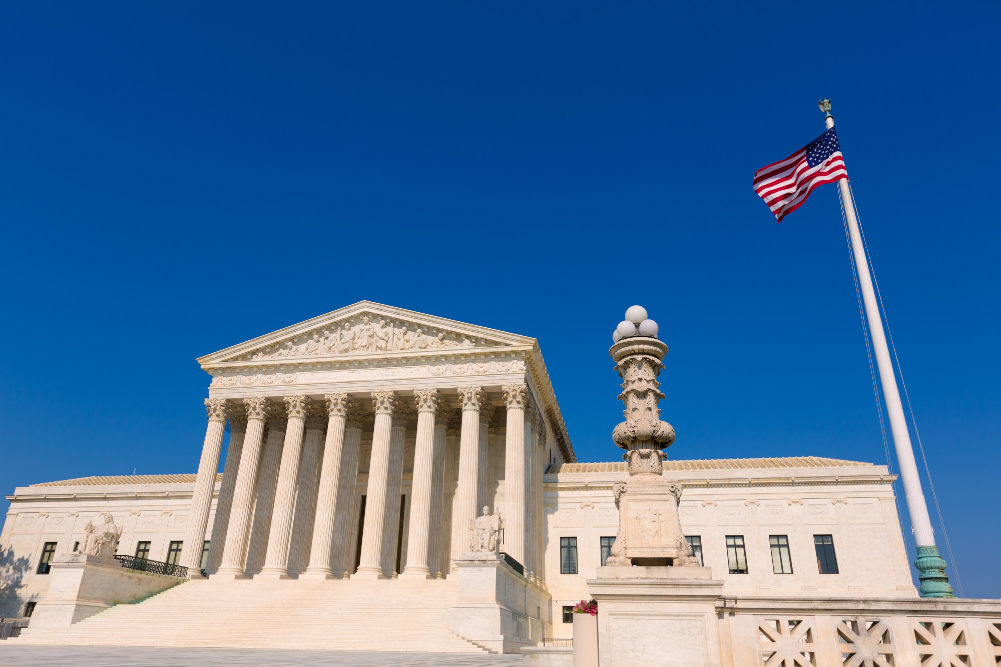The Chief Justice continued in relevant part: When the President acts pursuant to “constitutional and statutory authority,” he takes official action to perform the functions of his office. Fitzgerald, 456 U. S., at 757. Determining whether an action is covered by immunity thus begins with assessing the President’s authority to take that action. But the breadth of the President’s “discretionary responsibilities” under the Constitution and laws of the United States frequently makes it “difficult to determine which of his innumerable ‘functions’ encompassed a particular action.” Id., at 756. The immunity the Court has recognized therefore extends to the “outer perimeter” of the President’s official responsibilities, covering actions so long as they are “not manifestly or palpably beyond his authority.” Blassingame v. Trump, 87 F. 4th 1, 13 (CADC).
In dividing official from unofficial conduct, courts may not inquire into the President’s motives. Such a “highly intrusive” inquiry would risk exposing even the most obvious instances of official conduct to judicial examination on the mere allegation of improper purpose. Fitzgerald, 457 U. S., at 756. Nor may courts deem an action unofficial merely because it allegedly violates a generally applicable law. Otherwise, Presidents would be subject to trial on “every allegation that an action was unlawful,” depriving immunity of its intended effect.
With the above principles in mind, the Court turns to the conduct alleged in the indictment. Certain allegations—such as those in volving Trump’s discussions with the Acting Attorney General—are readily categorized in light of the nature of the President’s official relationship to the office held by that individual. Other allegations— such as those involving Trump’s interactions with the Vice President, state officials, and certain private parties, and his comments to the public—present more difficult questions.
The indictment alleges that as part of their conspiracy to overturn the legitimate results of the 2020 presidential election, Trump and his co-conspirators attempted to leverage the Justice Department’s power and authority to convince certain States to replace their legitimate electors with Trump’s fraudulent slates of electors. According to the indictment, Trump met with the Acting Attorney General and other senior Justice Department and White House officials to discuss investigating purported election fraud and sending a letter from the Department to those States regarding such fraud. The indictment further alleges that after the Acting Attorney General resisted Trump’s requests, Trump repeatedly threatened to replace him. The Government does not dispute that the indictment’s allegations regarding the Justice Department involve Trump’s use of official power. The allegations in fact plainly implicate Trump’s “conclusive and preclusive” authority.
Jeffrey Rosen is the Acting Attorney General referenced in this opinion. Rosen was previously nominated by President Obama to serve on the Board of Governors of the United States Postal Service.

